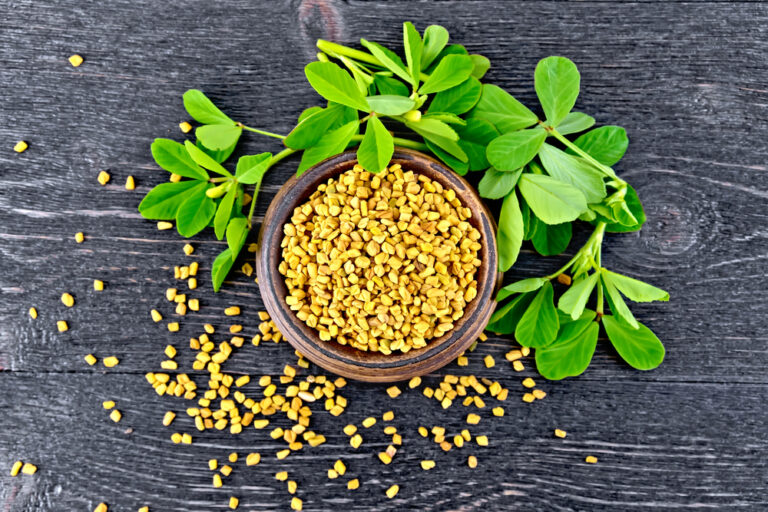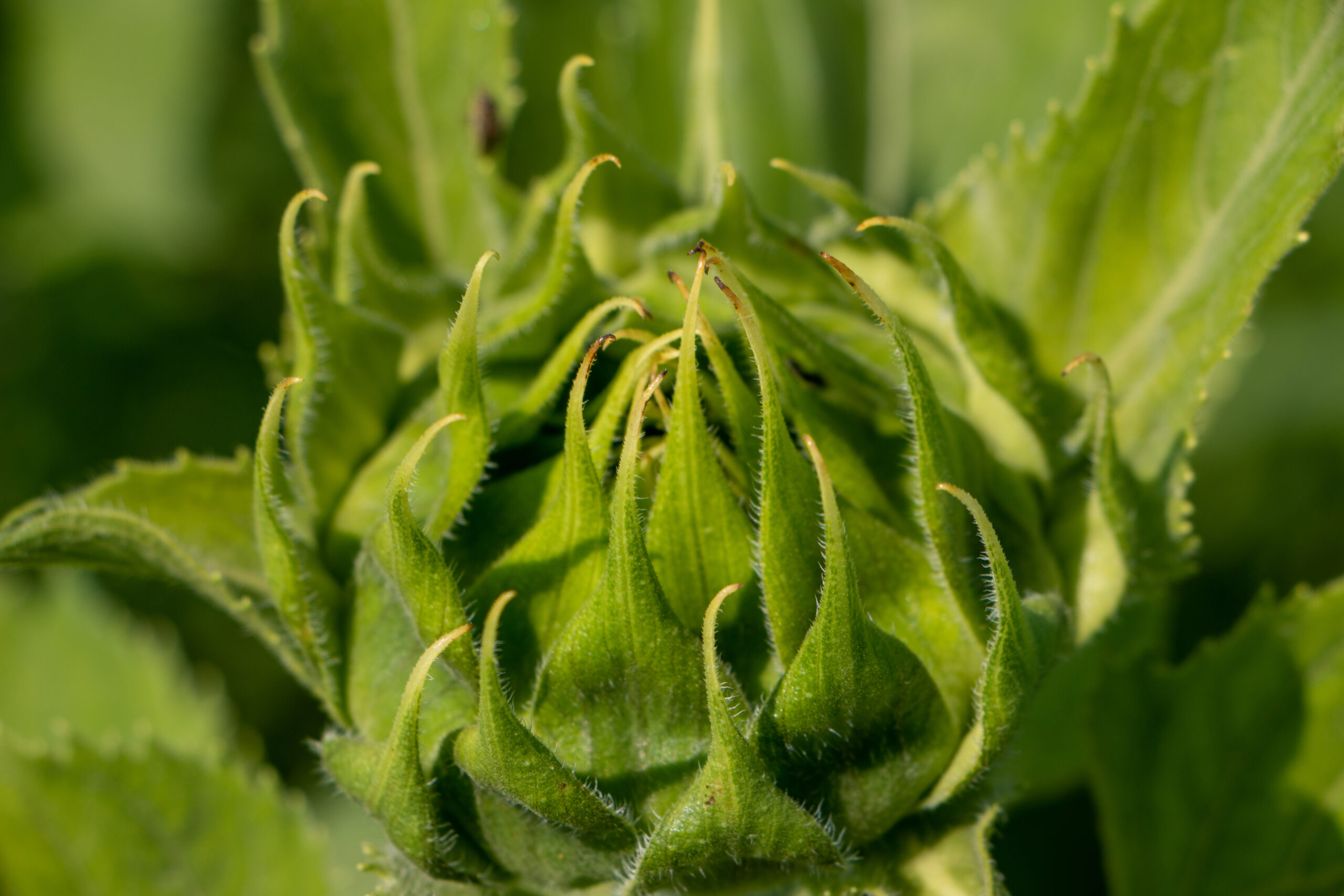Herbs for Healthy Skin
About this Episode
In this episode, naturopathic clinician Angela Hywood returns to the show to talk with host Sara Le Brun-Blashka, MS, to talk about natural approaches to healthy skin, for aging, acne, inflammation, and the skin-gut connection. With herbs like gotu kola, stinging nettle, calendula, and more, you’ll hear all about how slowing down collagen degradation and managing a healthy inflammatory response can do wonders for the skin.
Skin and Aging
Slowing down collagen degradation is key to support healthy aging (03:13). Collagen is one of the most abundant proteins in the body and is important for the health of structural tissues like hair, skin, and nails as well as arteries, veins, and bone (03:26).
Lifestyle factors like smoking, sun exposure, and diet are important indicators of skin health with age (04:18). Nutrients of particular importance include vitamin C and zinc, with a special focus on the copper-zinc balance (05:57). A natural approach of boosting natural collagen synthesis with vitamins and minerals from whole food/natural sources is best when possible. Questions of absorption and assimilation efficacy come up with supplements made from non-whole food sources.
Botanical collagen boosters (07:35)
- Gotu kola (what Angela calls “mother nature’s botox”)
- Horsetail (contains silica – a mineral giving elasticity to tissue)
- Gynostemma pentaphyllum (jiaogulan; known as the “immortality plant”)
- Acts as an adaptogen for adrenal glands
- Involved in regulating blood glucose levels
- Stinging nettle – (known as the “ancient mineralizer” and what Angela calls the “multi-mineral of the botanical kingdom”
- Marigold (calendula)
Acne for Teens and Adults
Acne is what Professor Kerry Bone calls “anemia of the skin” (20:35). Angela recommends chaste tree for hormonal acne (18:06), cleavers and echinacea for lymphatic drainage (19:12), and nettle leaf tea (20:10).
Inflammation Associated with Acne, Aging and Other Skin Conditions
Chronic inflammation is the root of many issues in the body that arise from physiological imbalance. Skin is no exception, and supporting a healthy inflammatory response is vital for promoting healthy skin. Antioxidant phytonutrients in fruits and vegetables, fermented foods, adaptogenic herbs like rhodiola, rehmannia, eleuthero as well as other plants and herbs are important for regulating inflammation in the skin (23:01):
>> Audio bookmark: “We are spoiled for choice” when it comes to herbs for inflammation control (24:25)
Eczema and Diaper Rash: Healthy Skin for Young Ones
Topical herbs for skin concerns include calendula cream and licorice, which Angela calls “mother nature’s natural steroid” (26:07). “Internally,” diet modification is key, focusing on plant-based foods. And for young ones, a low salicylate diet might be particularly helpful for addressing eczema (27:23).
Gut-Skin Connection
Boosting gut health is important for whole-body health, skin included. Angela recommends herbs like slippery elm, a gut prebiotic (28:52). Additionally, diversity in the diet is vital for supporting a healthy microbiome, paired with good quality prebiotic and probiotic supplements (30:44). Supporting a healthy gut microbiome for healthy skin is especially true for autoimmune skin conditions.







